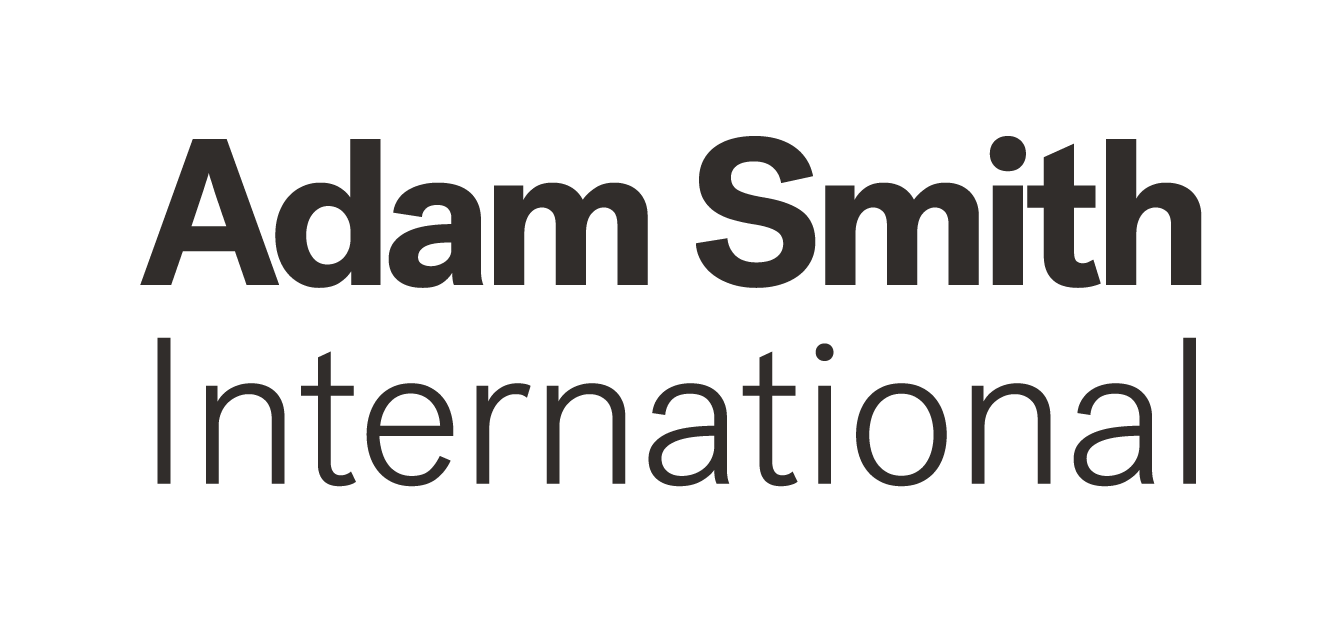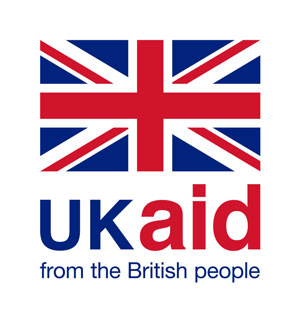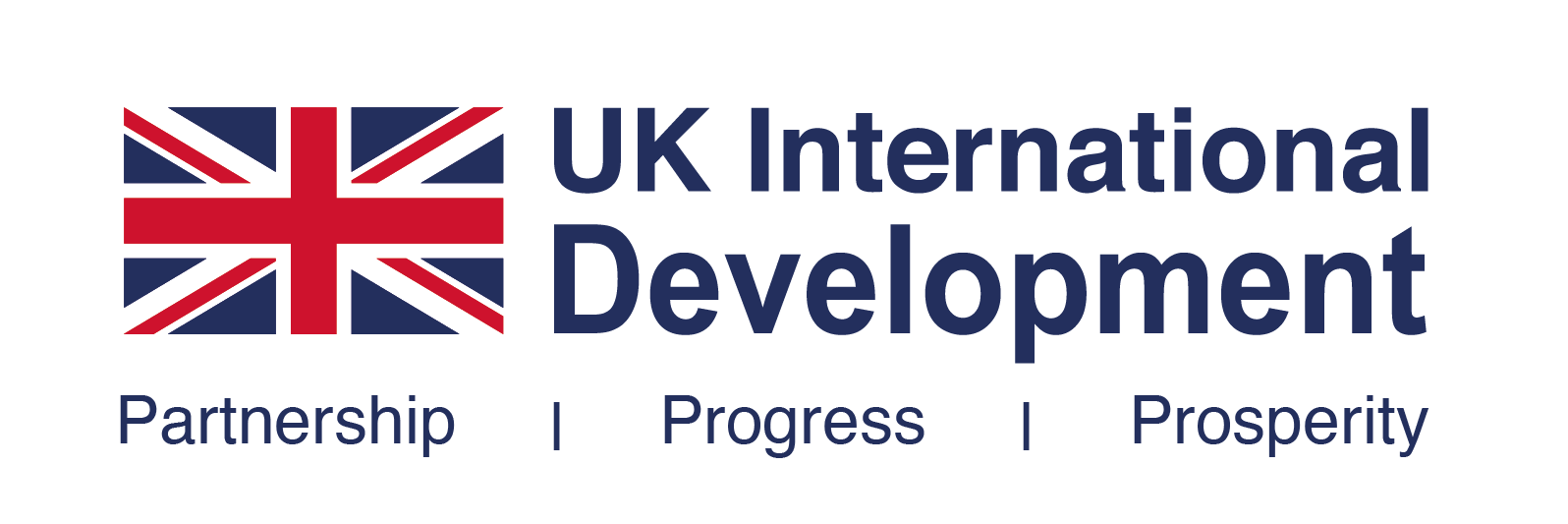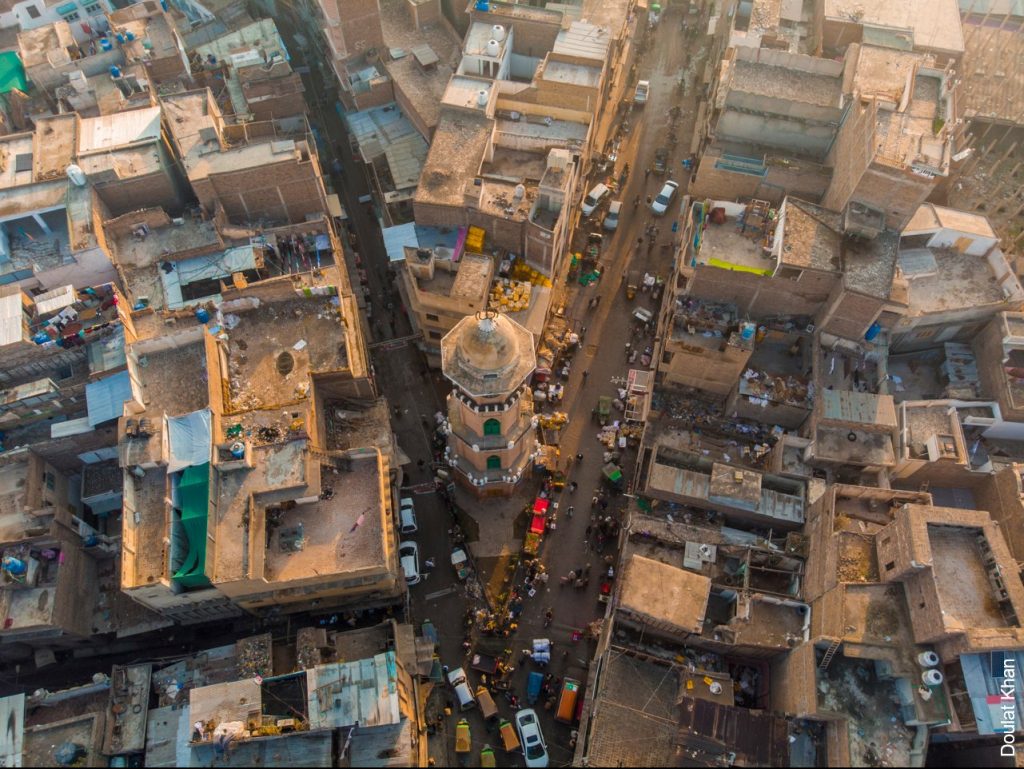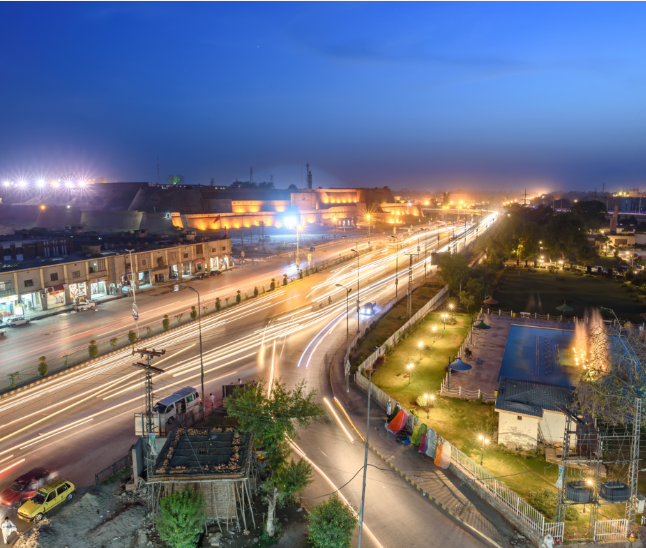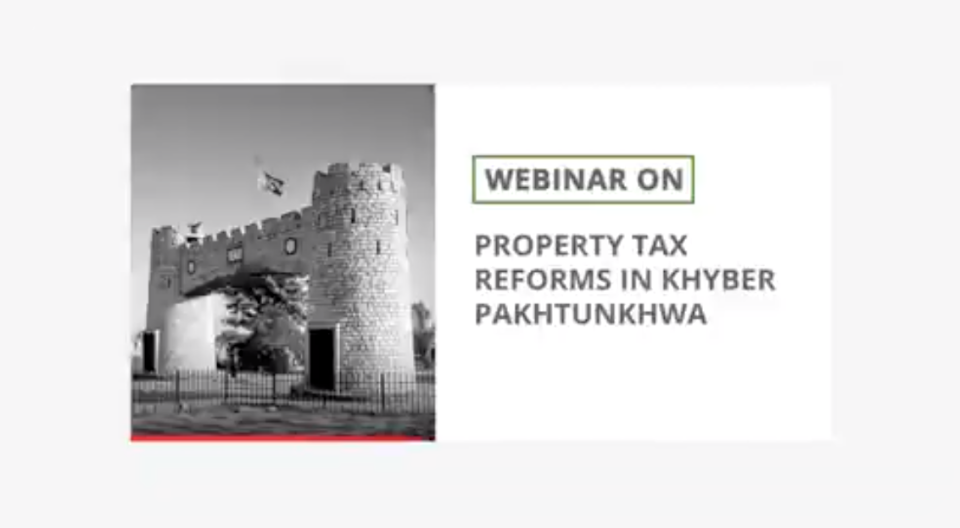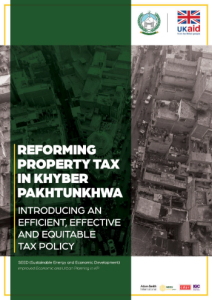Urban Immovable Property Tax
Overview
Khyber Pakhtunkhwa (KP), with 35 million people who contribute roughly 10 per cent of Pakistan’s GDP, is urbanising rapidly. According to 2017 census provisional results, 5.7 Million people live in urban areas of which alone 1.97 Million reside in the district of Peshawar – this is 34% of the total urban population of Khyber Pakhtunkhwa. Cumulatively, only four districts – Peshawar, Swat, Mardan and Dera Ismail Khan account for 60% of the total urban population of the province. While 82% of the province’s population is classified as rural, over two-thirds of the population of the province lives within a travel time of one hour in a city, and 90% of the population of the province lives within two hours. The rapid urbanization and development of urban clusters is promising for transforming the urban economies into hubs of economic activities but have implications for the provision of services by the government.
